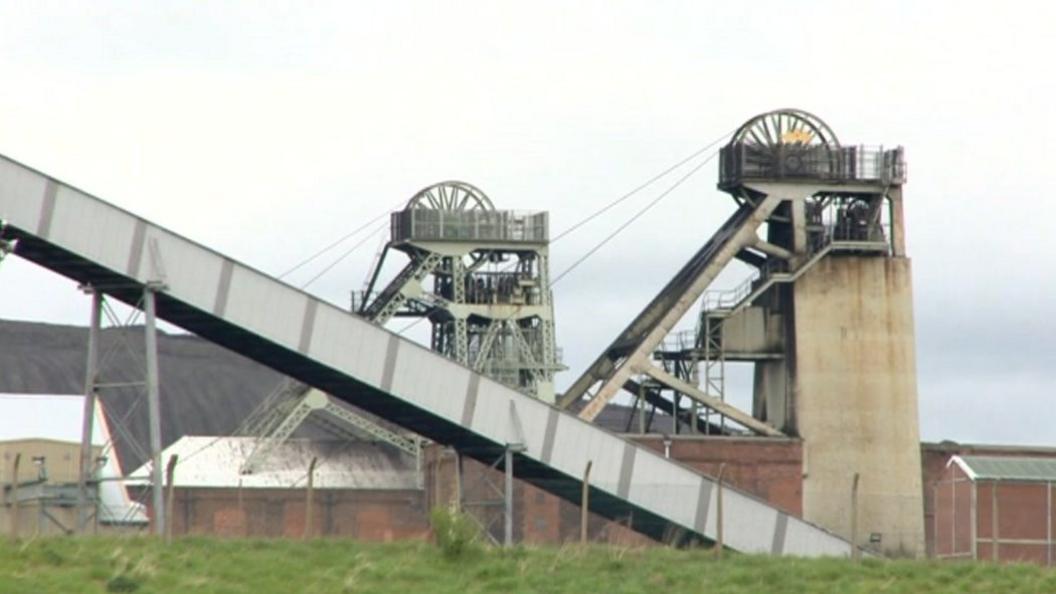Nottinghamshire's Thoresby Colliery closes after 90 years
- Published
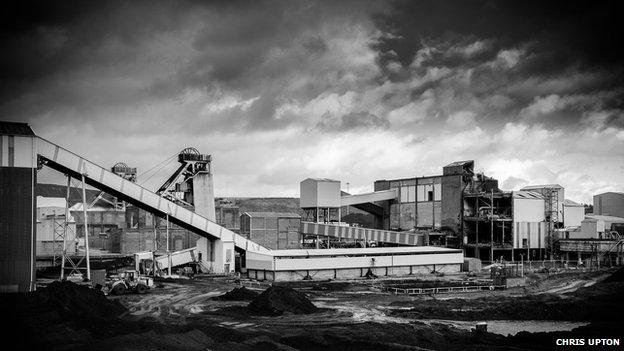
Thoresby Colliery is the last deep mine in the East Midlands to close
The last piece of coal is due to be extracted at Thoresby Colliery.
The closure of the Nottinghamshire deep coal mine was announced in April 2014 after owners, UK Coal, fell into financial trouble.
The colliery's 600 workers have since been gradually laid off through compulsory or voluntary redundancy with the last 360 miners leaving on Friday.
It marks the end of the industry in the county and the closure leaves one deep coal mine in Kellingley, Yorkshire.
David Howells, one of the last miners to clock off, said: "It is a sad time for everybody in the mining industry and a sad time for the area.
"Morale has been very low among staff."
Alan Spencer, general secretary of the National Union of Mineworkers Nottinghamshire, said the mine's closure was a "deeply sad" time.
"Emotions will be high," he said.
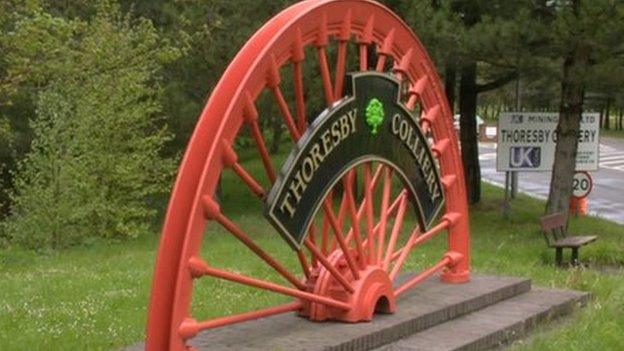
Nottinghamshire was once one of the most successful coalfields in Europe
"When it comes to that last shift, when you realise you won't be going underground anymore and you wont be with your comrades anymore, it will be emotional.
"There's no other jobs in the area now and at that age they are going to struggle to get a job anywhere else."
UK Coal said it was working to find alternative work or support for employees who are not retiring as they leave the mine.
"This is a very sad day and clearly marks the end of an era," the firm's board said in a statement.
It blamed its financial problems on falling coal prices and a fire that saw the closure of Daw Mill Colliery in Warwickshire.
Following the announcement, the government offered to loan the firm £10m to carry out the "managed closure" of its two remaining mines over the 18-month period.
Kellingley Colliery is set to close in December.

Thoresby history
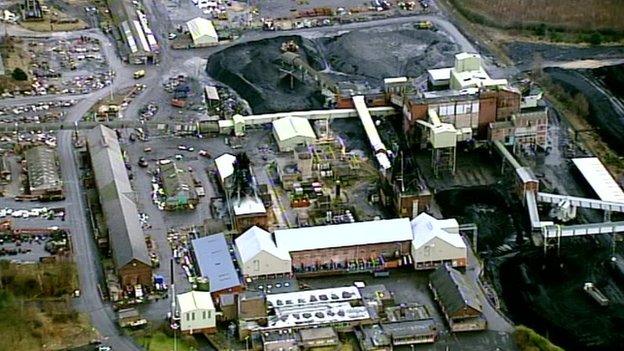
In 1925 two shafts were sunk to a depth of 690m below ground at Thoresby Colliery giving access to several seams
The shafts were deepened further in the 1950s to make way for more seams
At one time the pit produced up to 100,000 tonnes in a week, making profits of £50m a year
The colliery, owned by UK Coal, was one of the three remaining deep coal mines in England in recent years

- Published10 July 2015
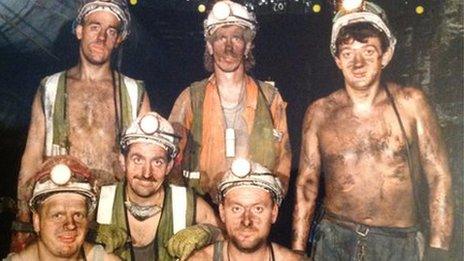
- Published10 September 2014
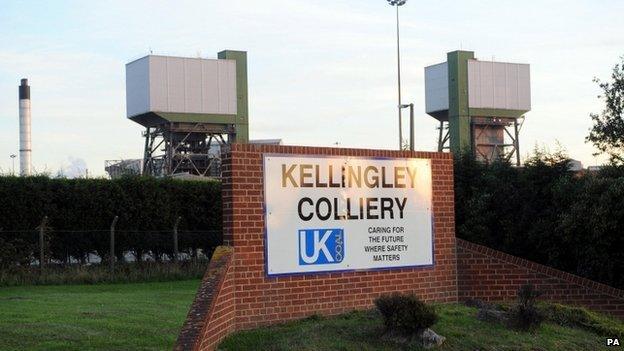
- Published30 May 2014
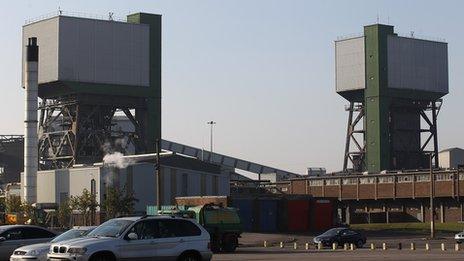
- Published10 April 2014

- Published29 March 2014
